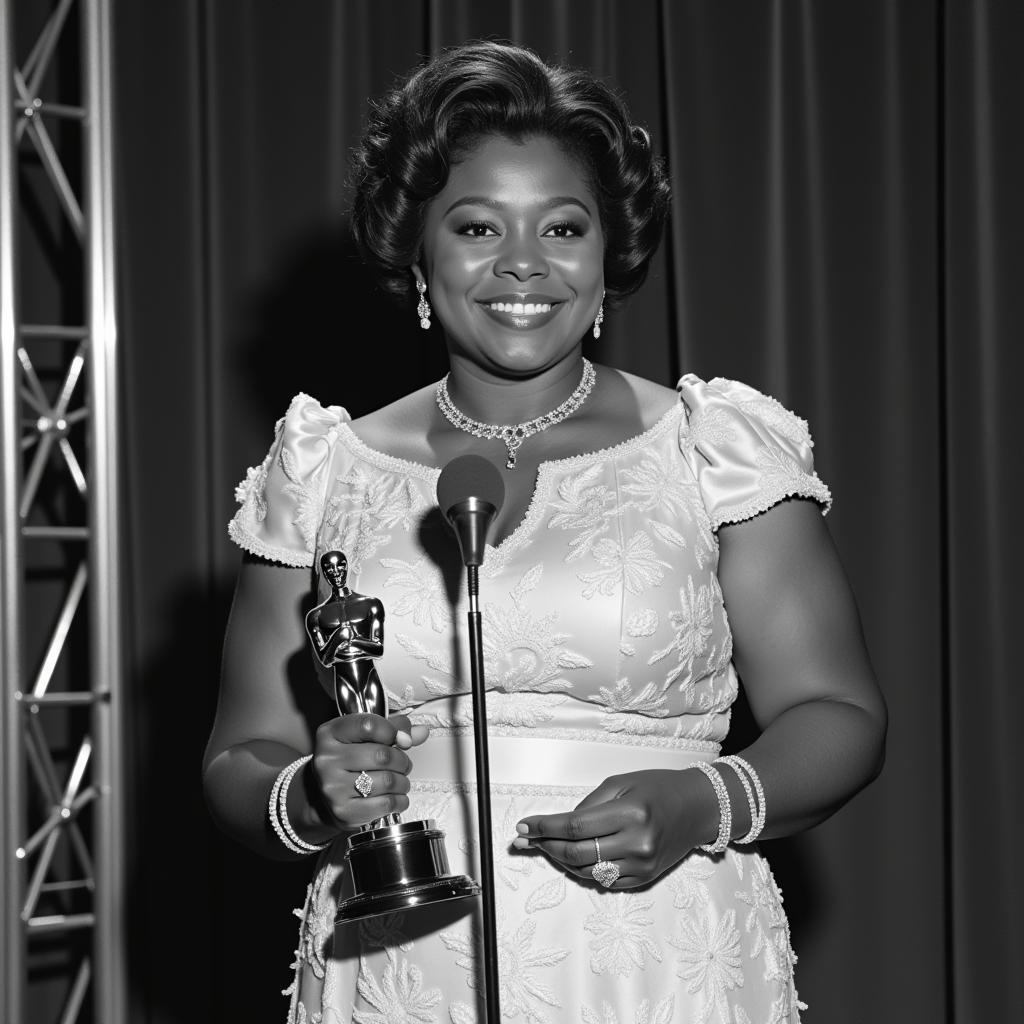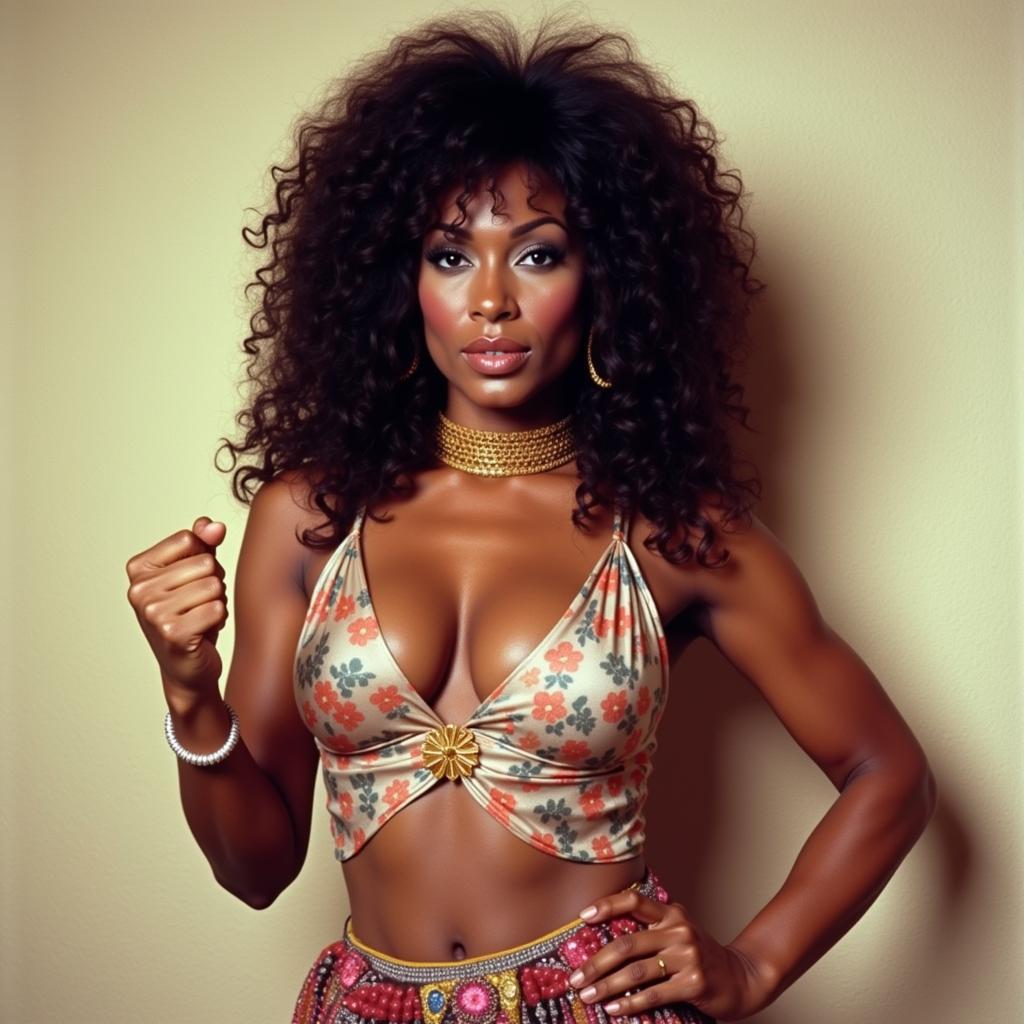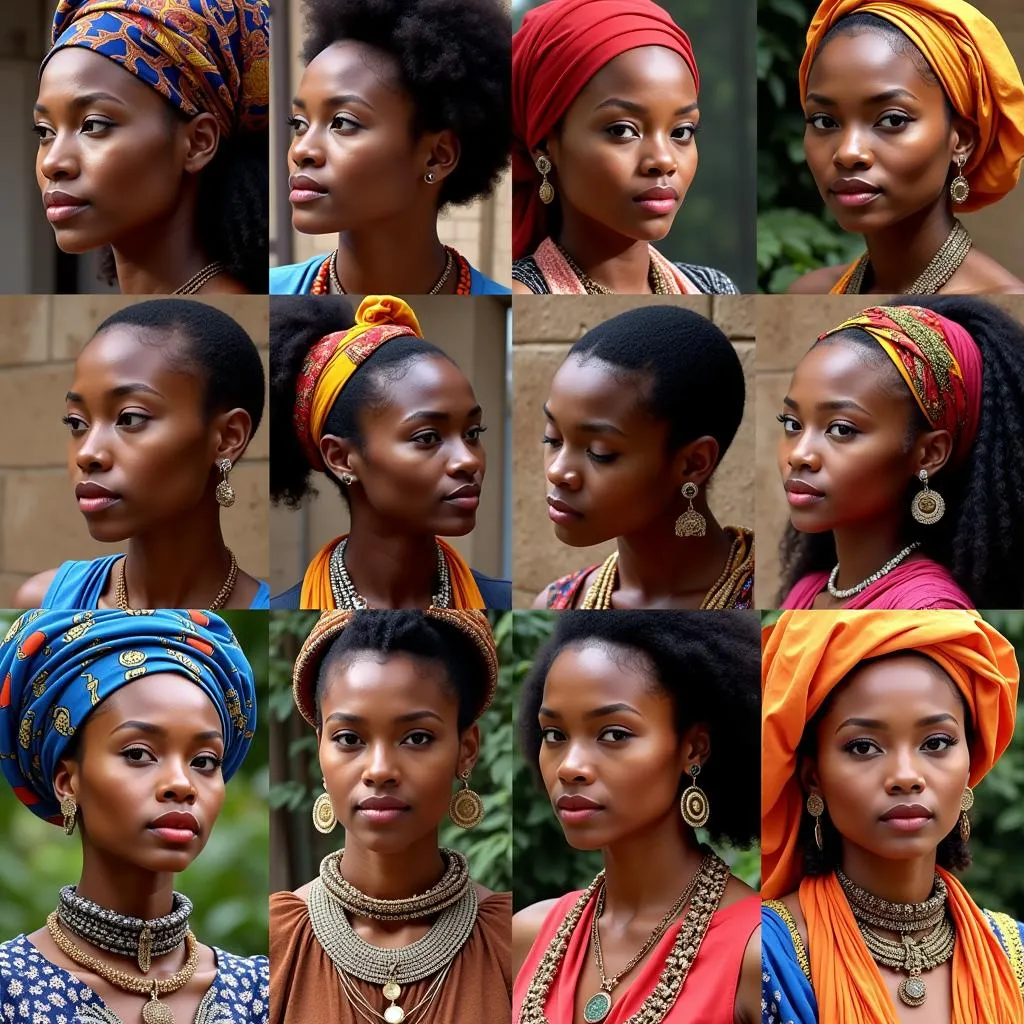African American Movie Stars: A Legacy of Talent and Impact
African American Movie Stars have captivated audiences for generations, shaping the landscape of cinema with their talent, charisma, and undeniable presence. From the early days of Hollywood to the present, these actors and actresses have broken barriers, challenged stereotypes, and paved the way for greater diversity and representation on screen. This article celebrates the legacy of African American movie stars, exploring their impact, influence, and enduring contributions to the world of film.
Early Pioneers: Breaking Barriers in Hollywood
The early 20th century was a challenging time for Black actors in Hollywood. Faced with widespread discrimination and limited opportunities, many talented individuals struggled to find their place in a film industry dominated by white narratives. However, amidst these challenges, a group of pioneering African American movie stars emerged, determined to break barriers and create a space for themselves and future generations.
One such pioneer was Hattie McDaniel, who made history in 1940 when she became the first African American to win an Academy Award for her supporting role as Mammy in “Gone with the Wind.” While the film itself has been criticized for its stereotypical portrayal of Black characters, McDaniel’s performance was widely praised, and her win marked a significant moment for Black representation in Hollywood.
 Hattie McDaniel accepting her historic Oscar
Hattie McDaniel accepting her historic Oscar
Another prominent figure during this era was Paul Robeson, a renowned singer, actor, and activist. Robeson starred in several notable films, including “The Emperor Jones” (1933) and “Show Boat” (1936), showcasing his powerful screen presence and challenging racial stereotypes through his roles. However, his outspoken political views, particularly his support for communism, led to him being blacklisted during the McCarthy era, effectively ending his Hollywood career.
Despite the obstacles they faced, these early African American movie stars helped to pave the way for greater diversity and inclusion in the film industry, inspiring future generations of Black actors to pursue their dreams and demand their rightful place on screen.
The Rise of Blaxploitation and the Quest for Authentic Representation
The 1970s witnessed a significant shift in Hollywood with the emergence of Blaxploitation films. This genre, characterized by its focus on Black characters, storylines, and themes, provided a platform for Black actors to portray complex and multifaceted roles that challenged the stereotypical representations that had persisted for decades.
 Pam Grier in Foxy Brown, a classic Blaxploitation film
Pam Grier in Foxy Brown, a classic Blaxploitation film
Stars like Pam Grier, Richard Roundtree, and Fred Williamson became iconic figures of Blaxploitation, portraying characters who were strong, independent, and unapologetically Black. These films resonated with Black audiences who yearned for representation that reflected their realities and experiences, and they also attracted a wider audience curious to see a different side of Hollywood storytelling.
While Blaxploitation films have been subject to criticism for their often-exaggerated portrayals of violence and sexuality, they played a crucial role in pushing the boundaries of Black representation in cinema. The genre created opportunities for Black actors, directors, and writers to showcase their talents and tell stories from their own perspectives, paving the way for greater diversity in the film industry.
Breaking Through: From Supporting Roles to Leading Actors
In the decades that followed, African American movie stars continued to break new ground, transitioning from predominantly supporting roles to leading actors in a wider range of genres. Actors like Denzel Washington, Whoopi Goldberg, and Morgan Freeman emerged as major Hollywood stars, captivating audiences with their talent, versatility, and ability to carry films across various genres.
These actors not only achieved critical acclaim and commercial success, but they also challenged the notion of what a Hollywood star could look like and the stories they could tell. They tackled complex and challenging roles, refusing to be pigeonholed into stereotypical representations, and their success paved the way for a new generation of Black actors to emerge.
The New Wave: Diversity, Inclusion, and the Future of Representation
The 21st century has witnessed a growing demand for diversity and inclusion in Hollywood, and African American movie stars are at the forefront of this movement. The rise of independent cinema, streaming platforms, and a greater awareness of the importance of representation has created more opportunities for Black filmmakers and actors to tell their stories and reach a global audience.
Films like “Get Out” (2017), “Black Panther” (2018), and “Judas and the Black Messiah” (2021) have not only achieved critical and commercial success but have also sparked important conversations about race, identity, and representation. Actors like Daniel Kaluuya, Lupita Nyong’o, and Chadwick Boseman have become global superstars, using their platform to advocate for social justice and inspire future generations.
This new wave of African American movie stars is not just breaking barriers but redefining what it means to be a Hollywood star. They are demanding diverse and inclusive storytelling, both in front of and behind the camera, and using their voices to advocate for change and inspire a more equitable and representative film industry.
Conclusion: A Legacy of Excellence and Continued Progress
The journey of African American movie stars is a testament to their resilience, talent, and unwavering commitment to breaking barriers. From the early pioneers who challenged a segregated Hollywood to the contemporary stars demanding diversity and inclusion, these actors have shaped the landscape of cinema, leaving an indelible mark on the industry and inspiring generations to come. As Hollywood continues to evolve, it’s imperative that the stories being told, and the people telling them, reflect the rich diversity of our world.

